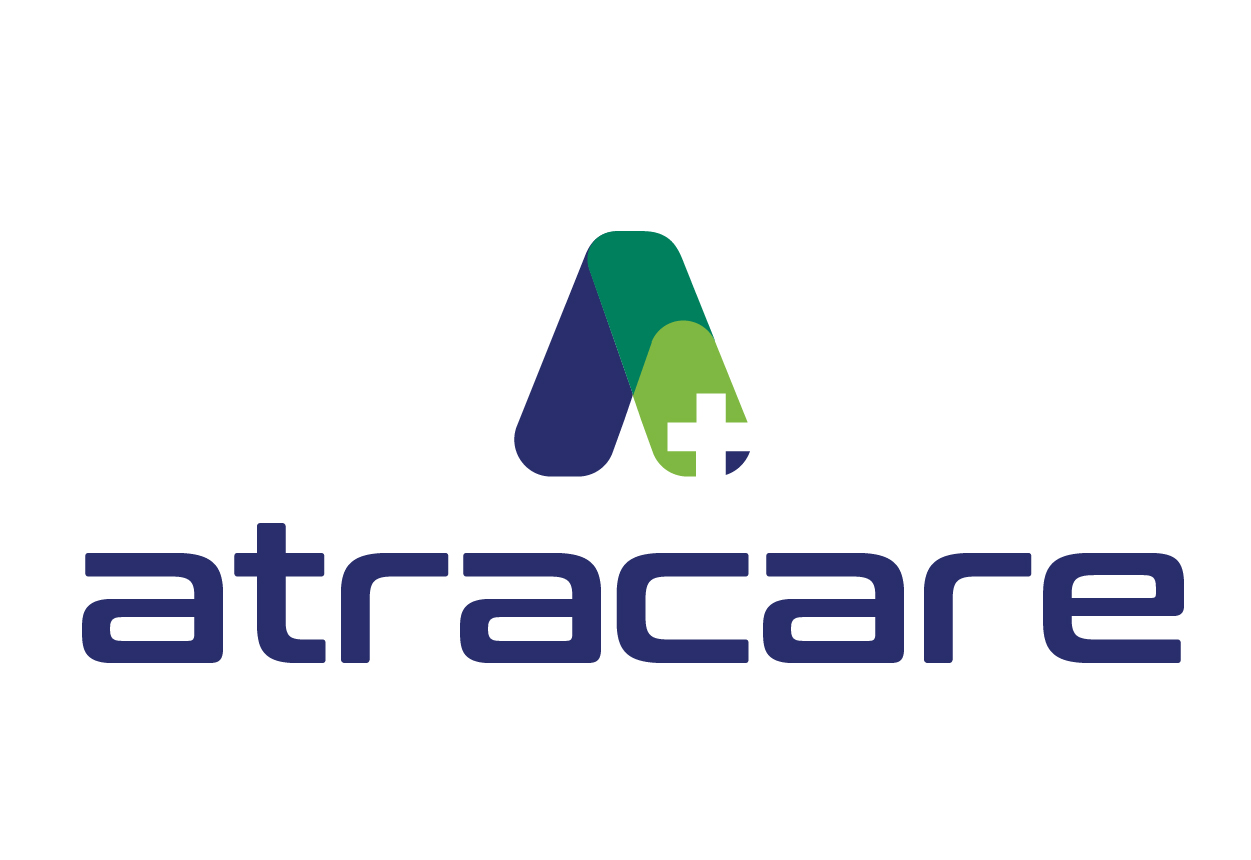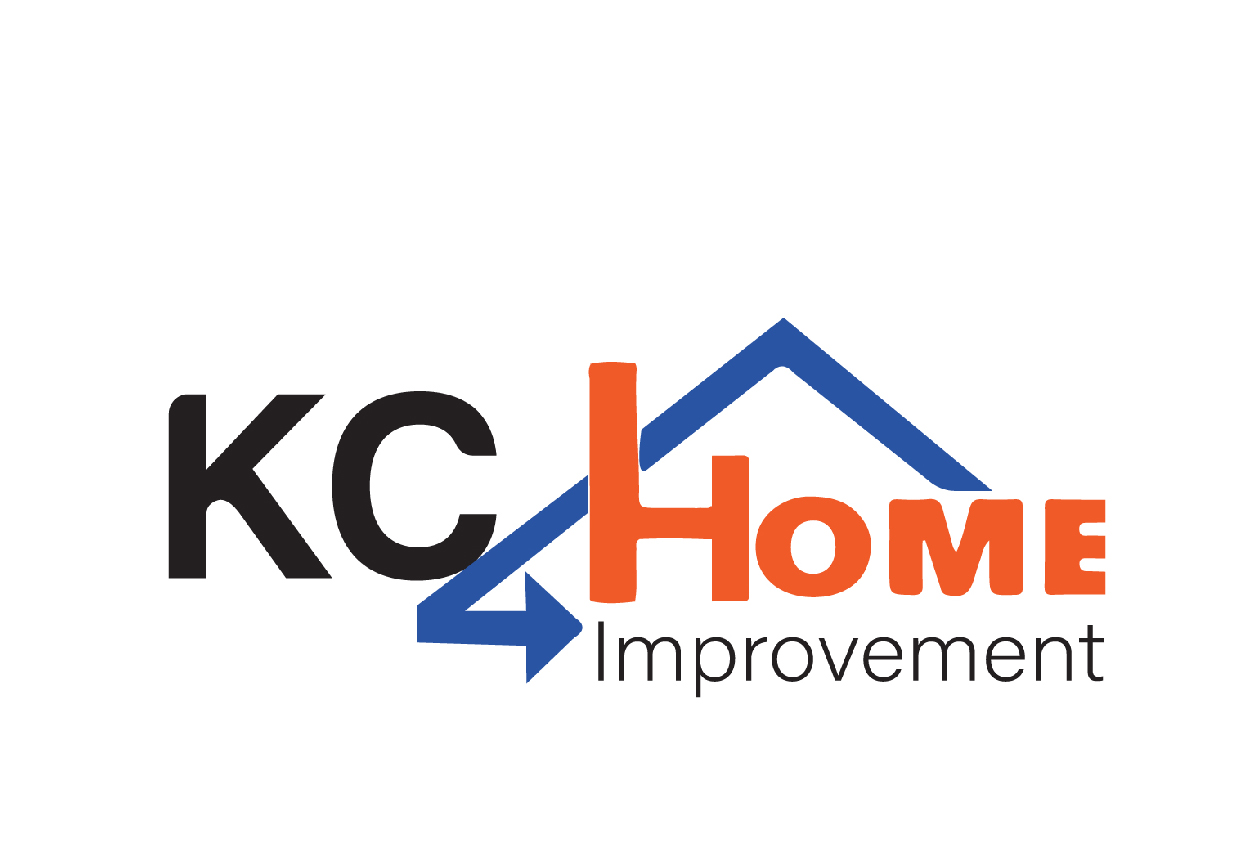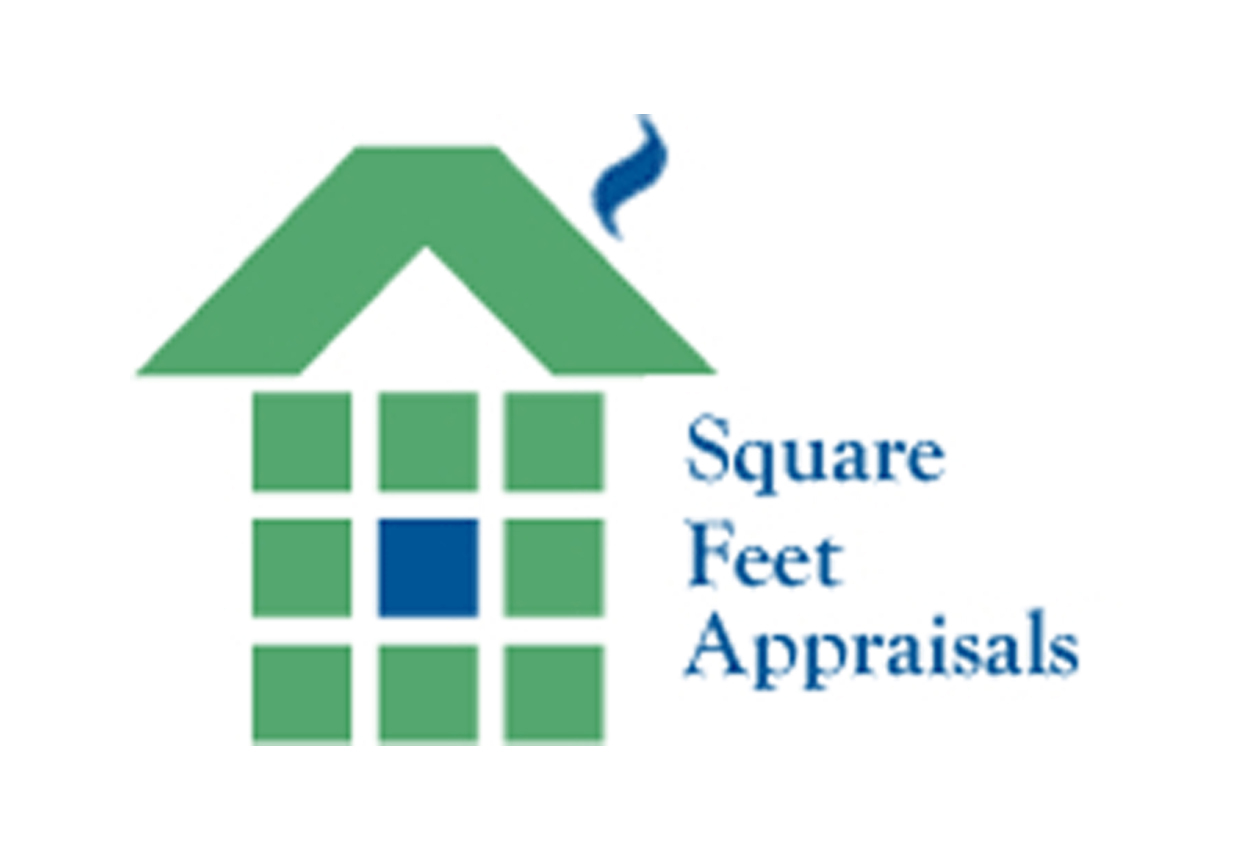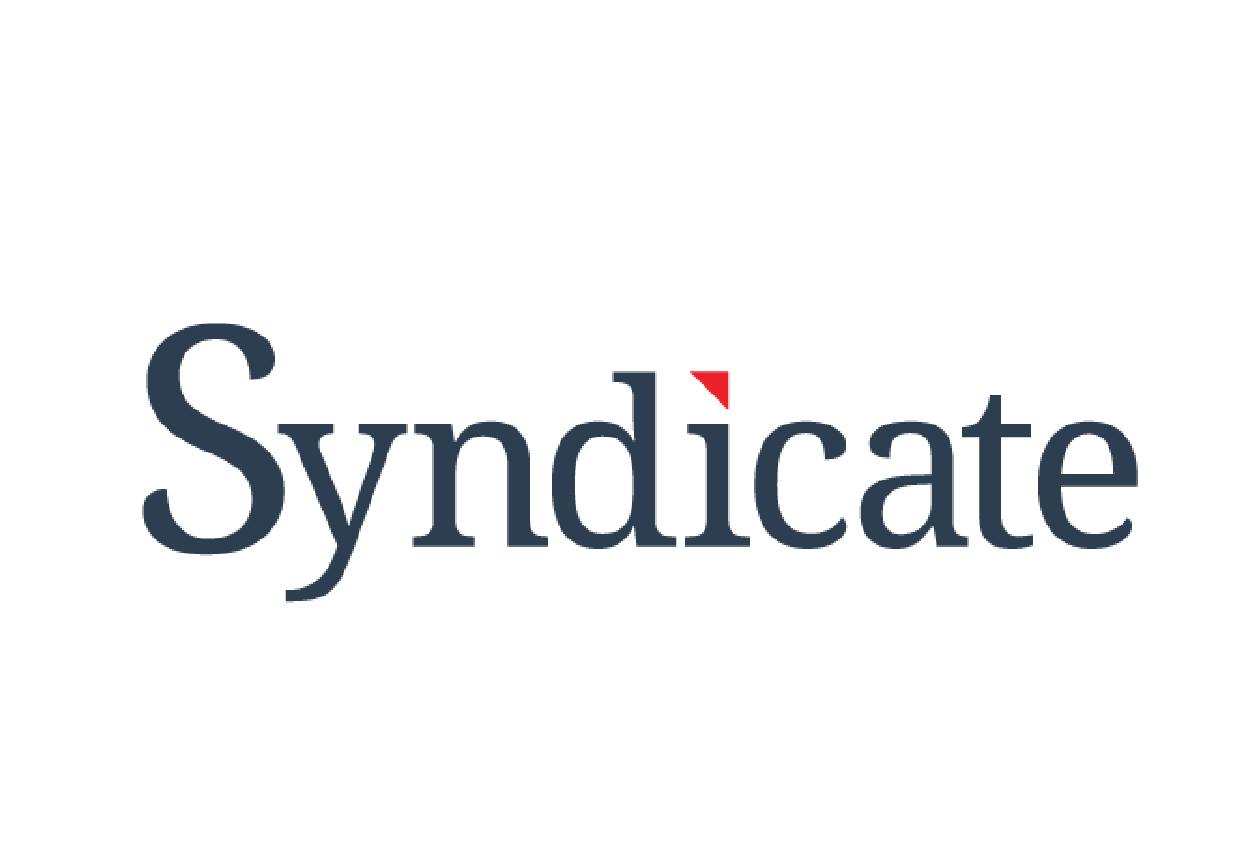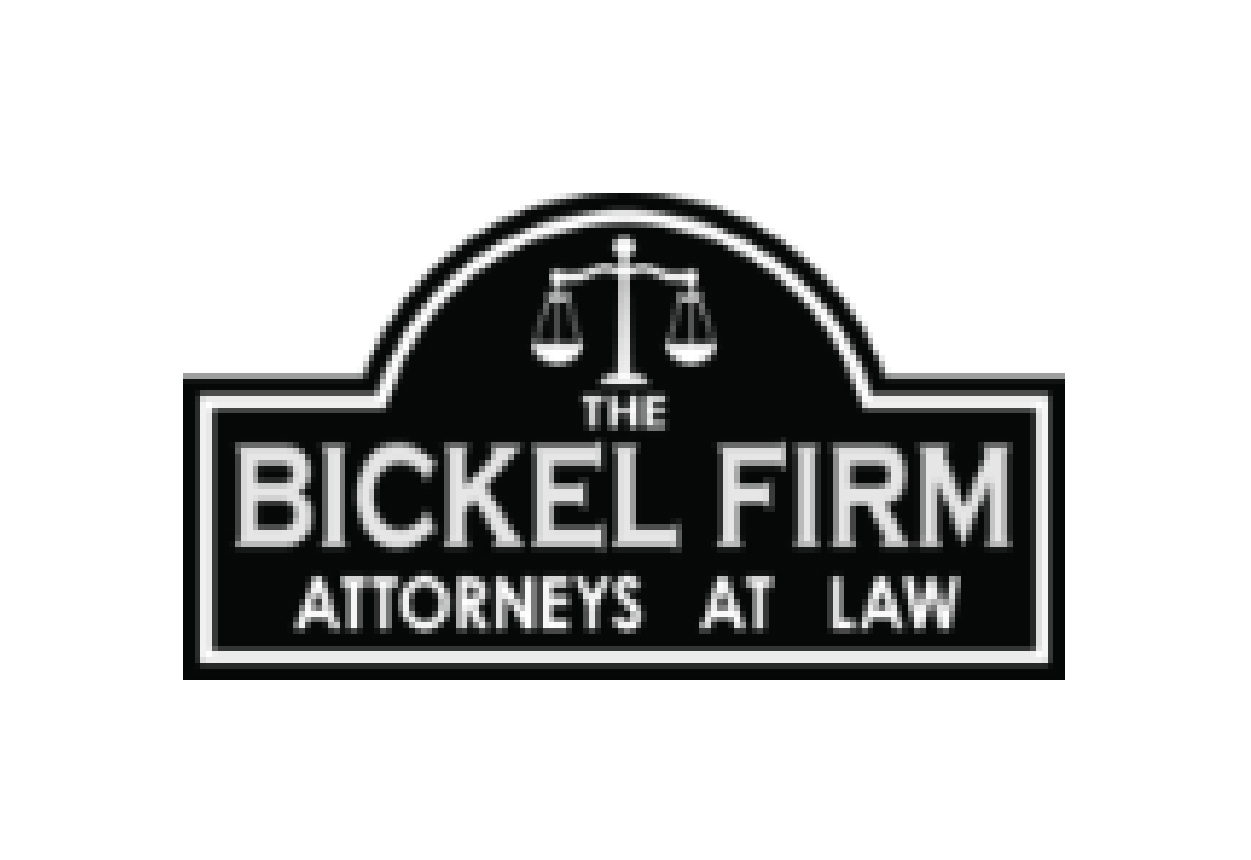Sussex County to Revisit School Impact Fee as Growth Pressures Mount
As Sussex County continues to experience explosive population growth, local leaders are once again considering whether developers—and by extension, new residents—should help fund school construction through a dedicated impact fee.
The issue is expected to be discussed on Tuesday, May 13, when Councilman Steve McCarron plans to reopen talks on the matter during a scheduled Sussex County Council meeting. McCarron floated the idea at an April 29 meeting, citing classroom overcrowding and a narrow legislative window to act.
“While this issue has been going on for decades, it’s something that I believe in the near future we ought to address,” McCarron said.
Why This Matters Now
Sussex County is the fastest-growing region in Delaware. That growth has packed classrooms and strained school infrastructure, especially in districts like Cape Henlopen. Despite school districts’ pleas and even prior state-level authorization, the County Council has so far declined to implement a school impact fee.
A previous attempt in January 2024 failed to gain council support and never came to a vote. However, McCarron believes the time is ripe to reconsider, particularly with the Delaware General Assembly’s legislative session ending June 30.
“If we’re seeking General Assembly efforts at this point, the window’s closing rapidly,” warned County Administrator Todd Lawson.
Council Opinions Are Divided
The proposal has already prompted differing views from council members:
-
Council Vice President John Rieley expressed concern about the county stepping into what he views as state and school board territory.
“We collect the property taxes and pass it through. But we don’t authorize it, we don’t set the rates.”
-
Councilwoman Jane Gruenebaum supported the idea, stating:
“You’d have to start to look at doing some things differently in order to achieve our objective… to secure sufficient funds for our schools.”
-
Councilman Matt Lloyd added another dimension, suggesting the fee could also help manage rural development.
“What I had envisioned… was it to be used, if possible, as a sort of disincentive to discourage housing growth in rural areas.”
The Stakes for Schools
The Cape Henlopen School District, where enrollment jumped from 4,634 in 2010 to over 6,600 students today, has called on the county to delay large housing developments until a funding solution is in place.
“Every dollar from an impact fee is one less that a district must raise through taxes,” said Jason Hale, Director of Operations for the district.
New Castle and Kent counties already charge a one-time, per-unit school impact fee in overcrowded districts. Proponents argue Sussex is long overdue to follow suit—particularly given how much development has already occurred.
Hale said that if an impact fee had been in place in recent years, it could have generated millions—or even tens of millions—of dollars to support school construction and ease the burden on taxpayers.
What’s Next?
The May 13 meeting may set the tone for whether Sussex County will finally join its sister counties in implementing an impact fee—or whether concerns about taxation, precedent, and legislative hurdles will once again delay action.








